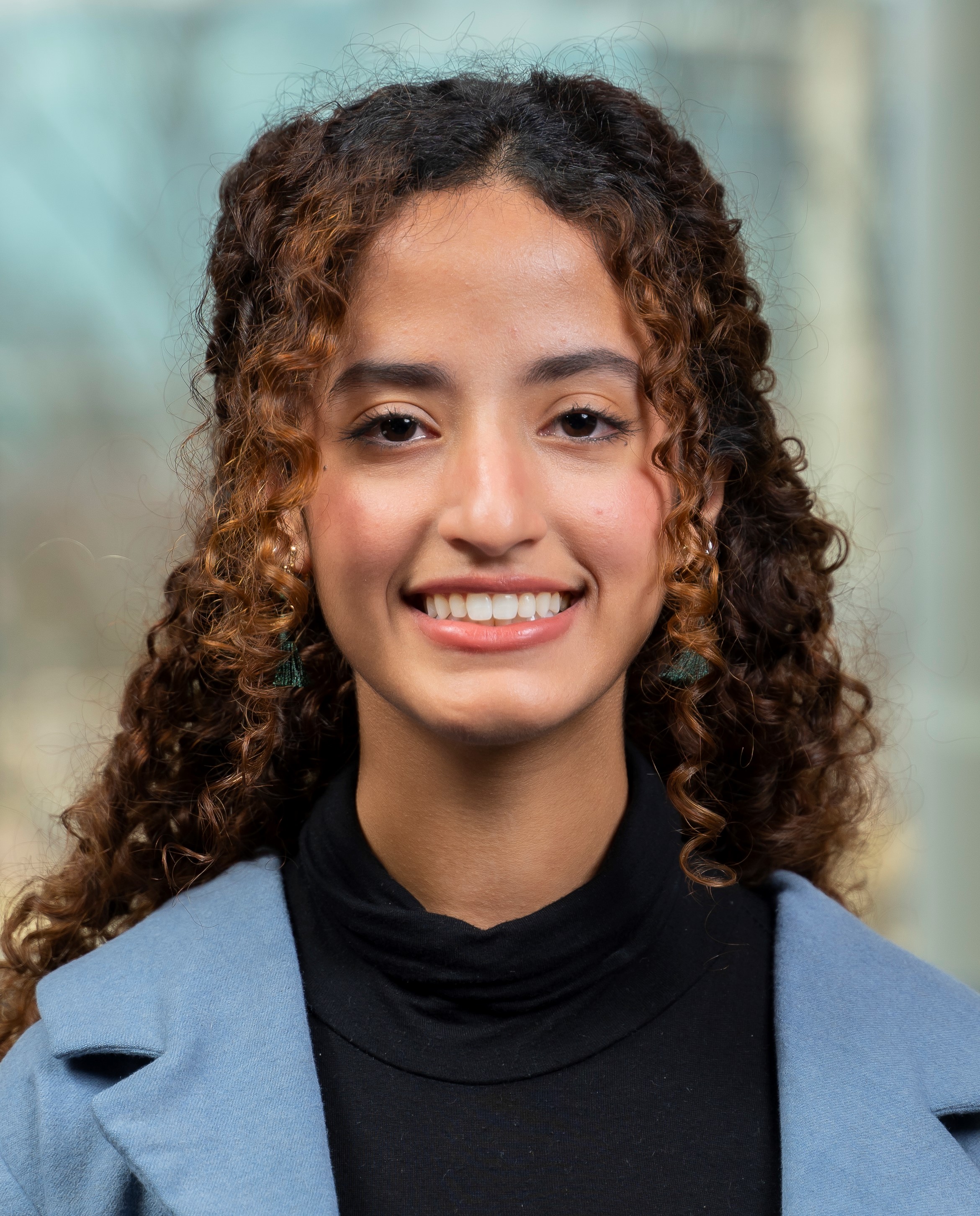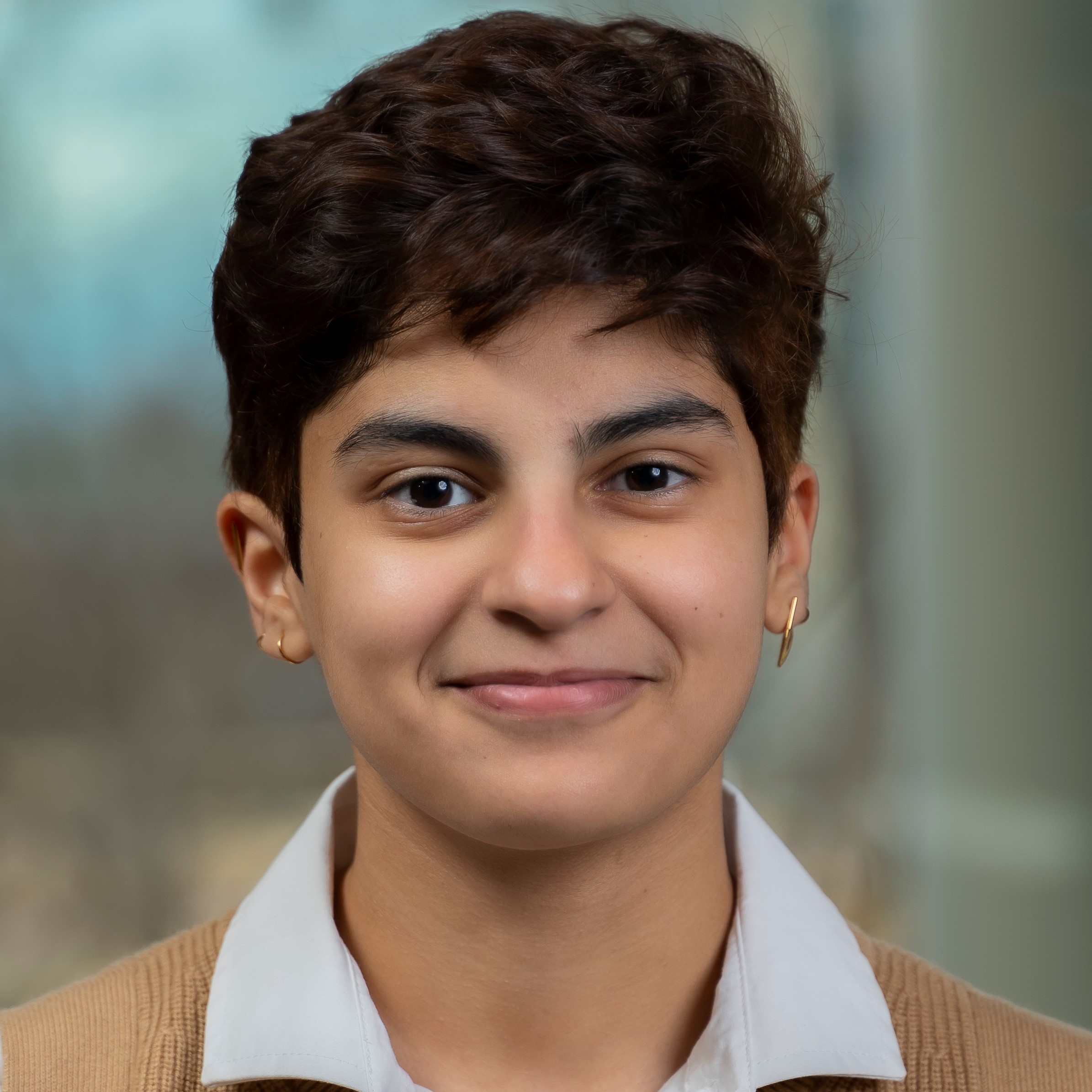Reflections on the 2022 IEEE Big Data Conference
03/07/2023
By: Arwa Albaltan, Modhi Almarzooqi, and Remas Bashanfar
From December 17 to 20, we attended the IEEE Conference on Big Data held in Osaka, Japan. During the duration of the conference, we had many opportunities to explore the realms of research in big data from a technological and statistical point of view. As a result, we learned about the latest and most impactful research topics that are continuously growing in importance with the domination of technology in our current world. Thus, as computer engineers, the exposure we received gave us a much clearer idea of what specific research we want to pursue at KAUST.
We attended numerous hands-on instructional workshops about the latest technology in data collection and data lakes. We look forward to applying what we learned in our future research work at KAUST.
Networking at the IEEE Conference: Connecting with Innovators in Computer Science and Big Data
One of the highlights of attending the IEEE Conference was the opportunity to connect with a diverse group of people from all over the world who are working on cutting-edge research in various fields within Computer Science and Big Data.
One of the individuals we met was Basem Alkazemi, a previous professor at Umm Al-Qura University in Mecca, Saudi Arabia. He also conducted research at KAUST, where he developed more efficient algorithms for large-scale data analysis. We had a great conversation about his experiences in Saudi universities and discussed the potential applications of his research in various fields such as finance, healthcare, and transportation.
Another person we met was Andrii Shalaginov, a researcher from Germany working on a cyber security project that aimed to develop a new method of detecting and defending against cyber-attacks by using machine learning. The project is called "NeuralNetGuard" which is a neural network-based intrusion detection system that uses unsupervised learning to detect anomalies in network traffic. The system is trained on a massive dataset of normal network traffic and is able to detect even the most sophisticated cyber-attacks. Shalaginov explained that the system is able to detect attacks that traditional systems would miss because it can identify patterns that are not yet known to be malicious.
IEEE Big Data Plenary Talks, Workshops, and Featured Scientific Papers
During the IEEE Big Data conference, we talked to a lot of memorable active members of the academic community and multiple keynote speakers at workshops who presented their innovative findings and research in big data. For Modhi, a highlight of the conference was Dr. Hiroaki Kitano's talk about simulation and COVID-19. For Remas, it was a presentation titled, “BigFeat: Scalable and Interpretable Automated Feature Engineering Framework" by Hassan Eldeeb. Finally, Arwa enjoyed the paper titled, "A Functional Approach for Two-Way Dimension Reduction in Time Series" by Aniruddha Rajendra Rao.
Attending the IEEE Conference was an invaluable experience for us as future researchers. This was a great opportunity to not only learn about the latest advancements and research in big data, but also network with professionals from all around the world and get the chance to explore Japan.



Arwa, Modhi, and Remas are Juniors at the University of California, Los Angeles. Arwa is majoring in Mechanical Engineering, Modhi in Computer Science and Engineering, and Remas in Computer Science. The KAUST Gifted Student Program recognizes the value of KGSP students becoming familiar and engaged with professional organizations within their STEM disciplines while they are undergraduates. Thus, the KGSP sponsors high-achieving students to attend one professional conference or workshop during each academic year to continue to grow professionally.

